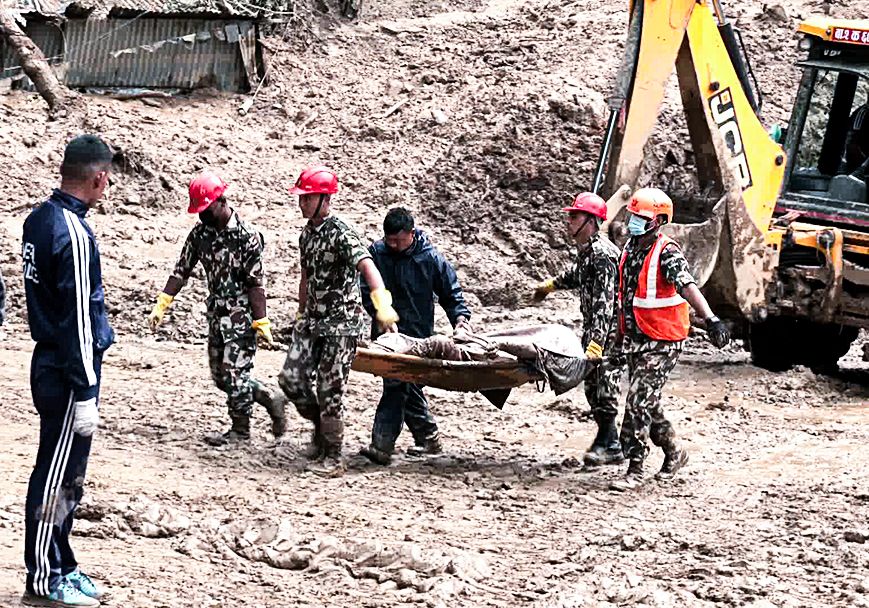Record-Breaking Climate Change: World May Have Already Hit 1.5°C of Global Warming

In a stark warning, scientists say that the world may have already hit 1.5 degrees Celsius (2.7 F) of global warming above pre-industrial temperatures, a critical threshold beyond which climate change becomes irreversible and extreme. The revelation comes ahead of this year's U.N. Climate Summit - COP29, which is taking place during a record-breaking year of higher global temperatures.
According to a recent study published in the journal Nature Geoscience, researchers analyzed 2,000 years of atmospheric gases trapped in Antarctic ice cores, extending our understanding of pre-industrial temperature trends. The new data reveals that if we calculate the world's temperature against a longer pre-industrial baseline spanning from 13 to 1700, the current levels would be nearly at 1.3 C (2.4 F) above average.
"We've exceeded what many scientists considered the 'safe' threshold of 1.5 degrees," said one researcher. "The evidence suggests that global warming is happening faster than we thought, and we need to act now."
Meanwhile, extreme weather events are becoming increasingly common, fueled by ocean warming. Supercharged hurricanes like Hurricane Milton have been reported in the Gulf of Mexico, jumping from tropical storm to Category 3 hurricane in just one day.
"We're seeing a new level of intensification and frequency of storms," said Dr. Maria Rodriguez, expert on climate change. "This is not just happening in the Atlantic; we're also observing changes in other ocean basins."
More concerning still are forest wildfires, which are drying out waterways and saping moisture from forests. Research published last month found that approximately 12,000 deaths could be attributed to toxic wildfire smoke during the 2010s, primarily due to climate-driven factors.
Coral reefs, meanwhile, are on life support. The world has entered its fourth mass coral bleaching event, with devastating consequences for marine ecosystems.
Climate change is also having far-reaching effects in the Amazon and globally, pushing forests past a tipping point. River levels have sunk to record lows in Brazil, while wildfires ravaged the rainforest.
As COP29 gets underway, scientists are calling on world leaders to take urgent action to mitigate climate change. "We've been trying to warn each other for decades," said Dr. John Taylor, climate scientist. "Now is the time to come together and find solutions."
